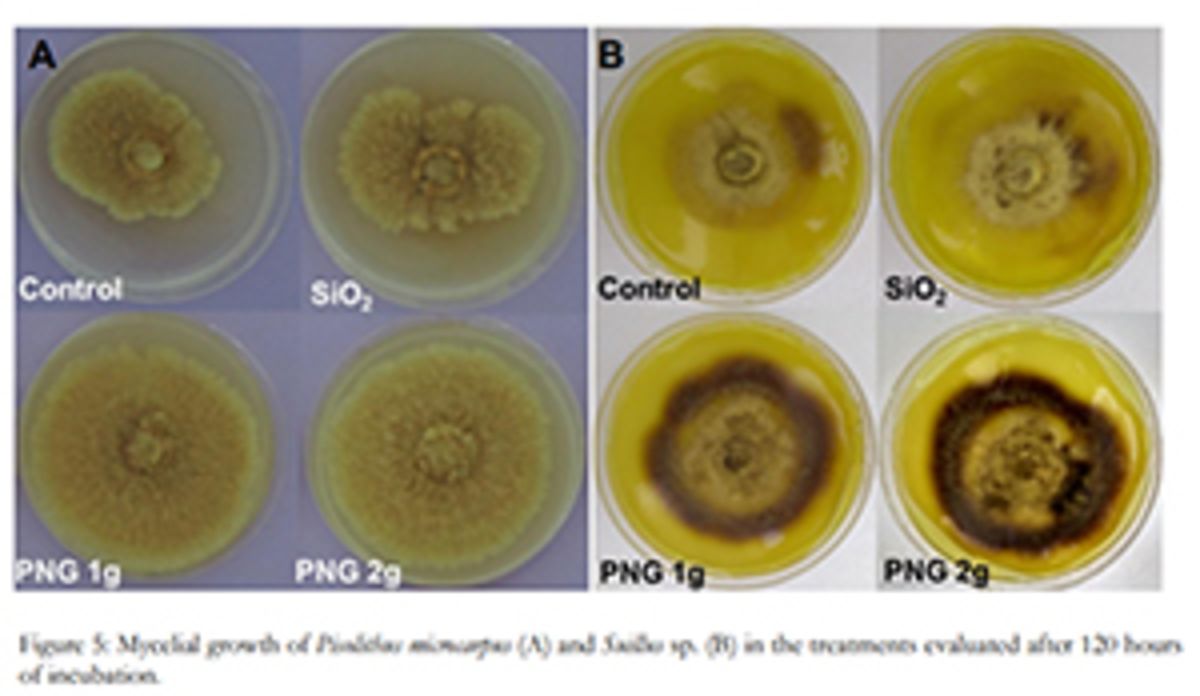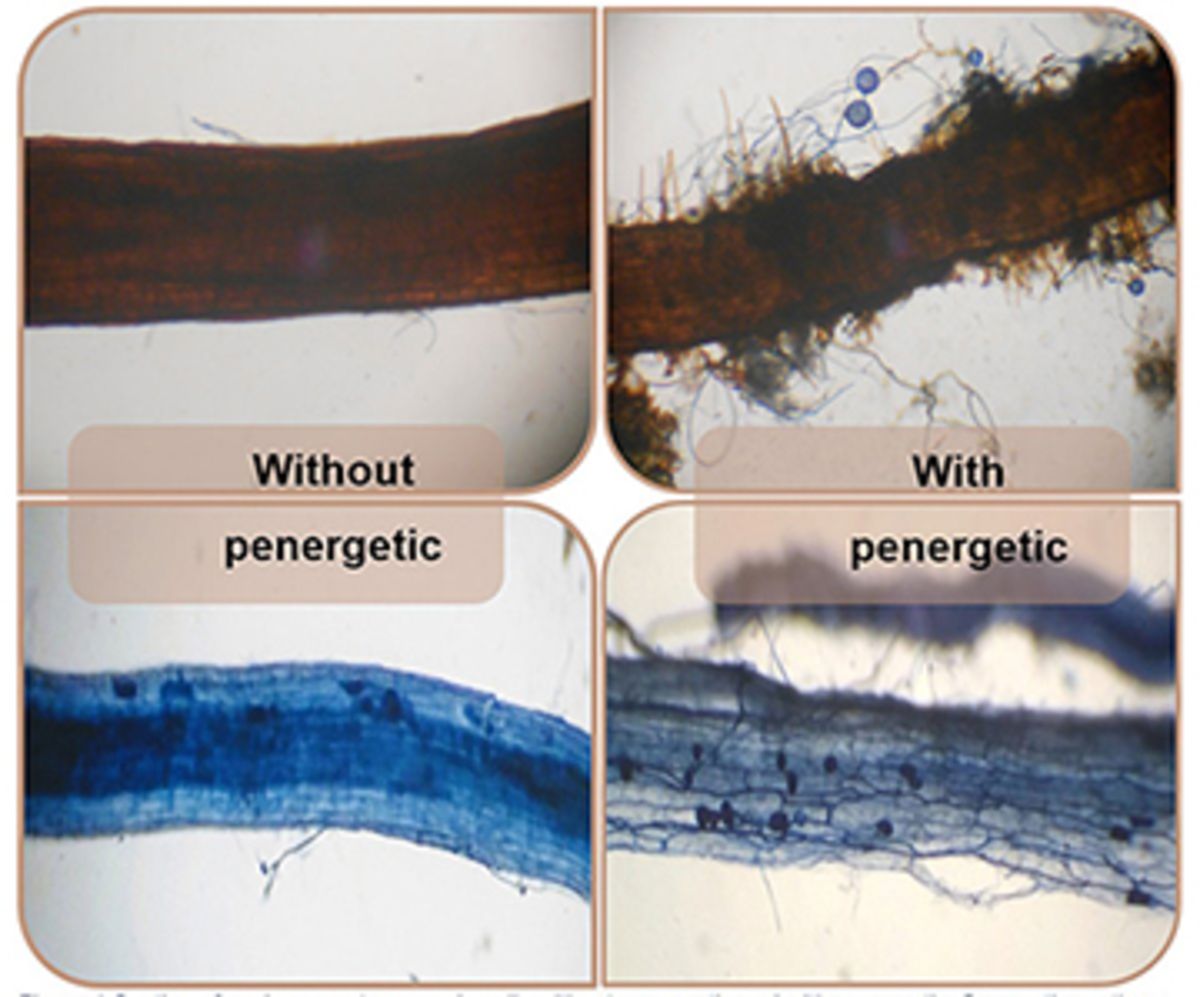Microorganisms for improved soil quality and crop productivity
Beneficial microorganisms such as fungi, bacteria, algae and actinobacteria live in the soil and contribute to the success of agriculture. They do this by cycling nutrients and establishing symbioses with plant roots. Microorganism help making nutrients bioavailable and increase the secretion of amino acids, enzymes and compounds involved in promoting plant growth. Furthermore, they protect plants from disease attack and reduce biotic and abiotic stress.
The sum of all these benefits provided by microorganisms results in improved soil quality and increased agricultural productivity. Hence the importance of adopting management and using technologies that encourage the activity of microorganisms in the soil.
Mode of Action

Microorganisms are key players in the cycling of nutrients such as nitrogen, sulfur and phosphorus and also play an important role in de decomposition of organic matter.
Mycorrhizal plants are able to explore a much larger volume of soil in search of water and nutrients.
The rapid response of microbial processes to physical, chemical and biological changes in an ecosystem is at the heart of soil quality.
Practically all essential elements for cultivated plants can be made available by the action of soil microorganisms.

By releasing ATP and other enzymes, photosynthesis and general plant growth are improved.

Microorganisms can synthesize compounds that provide forms of nutrients that would be inaccessible to plants.

the symbiosis of the root system of plants with certain mycorrhizal fungi guarantees the establishment of new associations and the maintenance of the biochemical processes in the rhizosphere

Microorganisms also act directly in the provision of micronutrients such as iron, zinc, copper and manganese.



![[Translate to Englisch:] sugar beet: increased yield despite mineral nitrogen reduction](/fileadmin/_processed_/d/1/csm_female-farmer-posing-in-sugar-beet-field-2021-08-29-02-25-56-utc_f36eb5ed0a.jpg)


